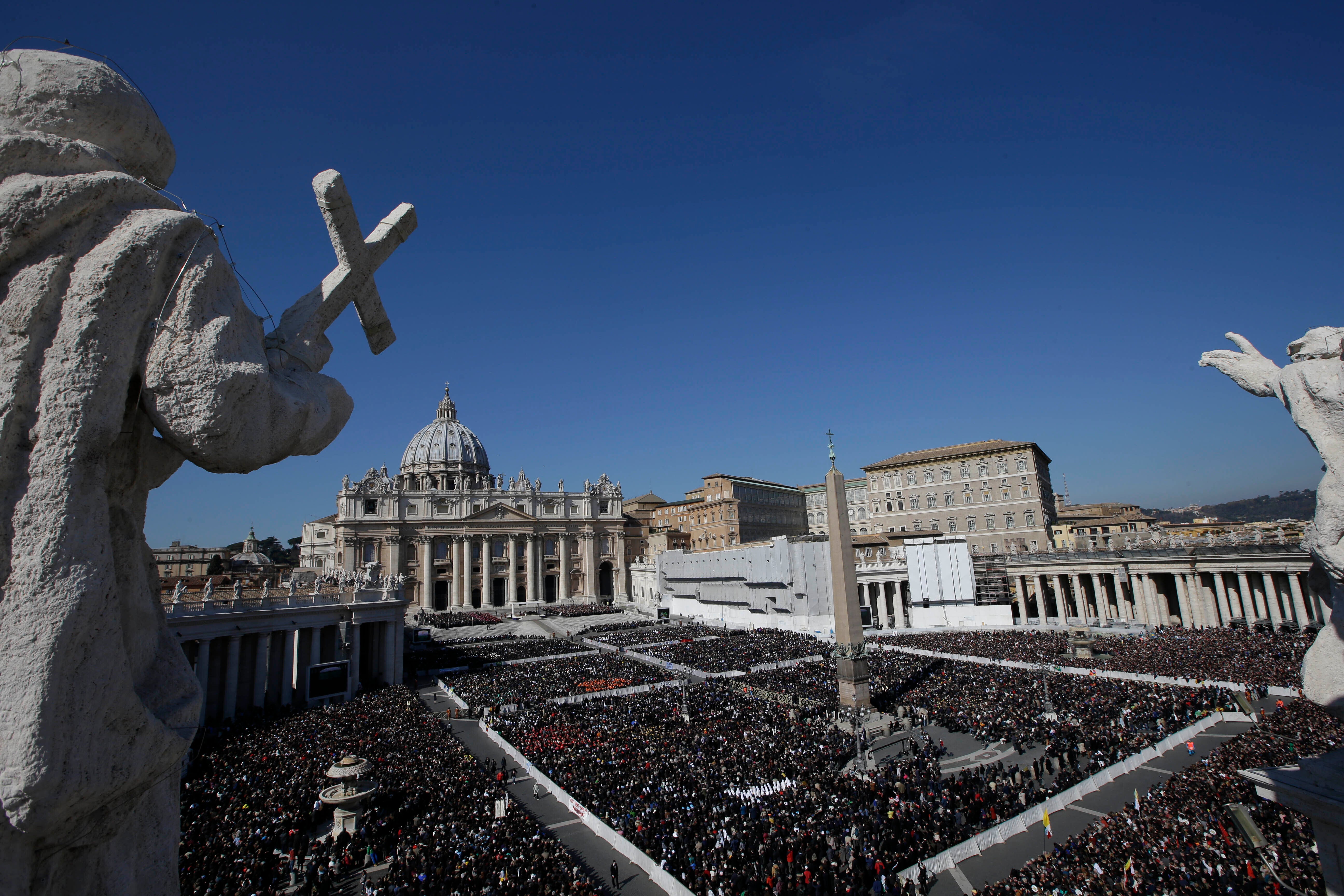Vatican projects nearly 50M-euro deficit due to COVID losses
The Vatican says it expects a deficit of nearly $60.7 million this year because of pandemic-related losses, a figure that grows to $97 million when donations from the faithful are excluded

The Vatican said Friday it expects a deficit of nearly 50 million euros ($60.7 million) this year because of pandemic-related losses, a figure that grows to 80 million euros ($97 million) when donations from the faithful are excluded.
The Vatican released a summary of its 2021 budget that was approved by Pope Francis and the Holy See’s Council for the Economy, a commission of outside experts who oversee the Vatican’s finances. The publication was believed to be the first time the Vatican has released its projected consolidated budget, part of Francis’ drive to make the Vatican’s finances more transparent and accountable.
The Vatican has run a deficit for the past several years, narrowing it to 11 million euros in 2019 from a hole of 75 million euros in 2018. The Vatican said Friday it anticipated the deficit would grow to 49.7 million euros in 2021 but that it expected to make up the shortfall with reserves.
Francis particularly wanted to release information about the Peter’s Pence collections from the faithful, which are billed as a concrete way to help the pope in his ministry and works of charity but are also used to run the Holy See bureaucracy.
The funds have come under scrutiny amid a financial scandal about how those donations were invested by the Vatican’s secretariat of state.
Vatican prosecutors investigating the office’s 350 million euro investment in a London real estate venture have said some of the money came from Peter’s Pence donations. Other Vatican officials dispute the claim, but it nonetheless became a cause for scandal.
Francis has defended the Vatican's investment of the Peter's Pence funds, saying any good administrator wisely invests money rather than keeping it in a “drawer."
According to a release from the Council for the Economy, the Vatican received income of some 47.3 million euros from the Peter’s Pence collections and other dedicated funds, and made 17 million euros in grants, leaving a net of some 30 million euros.
The amount of Peter’s Pence collections are way down from a decade ago. In 2009 the collection hit $82.52 million, while the collection totaled $75.8 million in 2008 and $79.8 million in 2007. Sexual abuse and financial scandals in the church are believed to be at least in partly responsible for the decline.
The Vatican's overall operating income decreased by 21%, or 48 million euros, last year. Its revenue took a bad hit from the pandemic-related closure of the Vatican Museums, which saw only 1.3 million visitors in 2020 compared to the nearly 7 million the previous year. The Museums, along with the Vatican’s real estate holdings, provide most of the Holy See's liquidity.
Bookmark popover
Removed from bookmarks